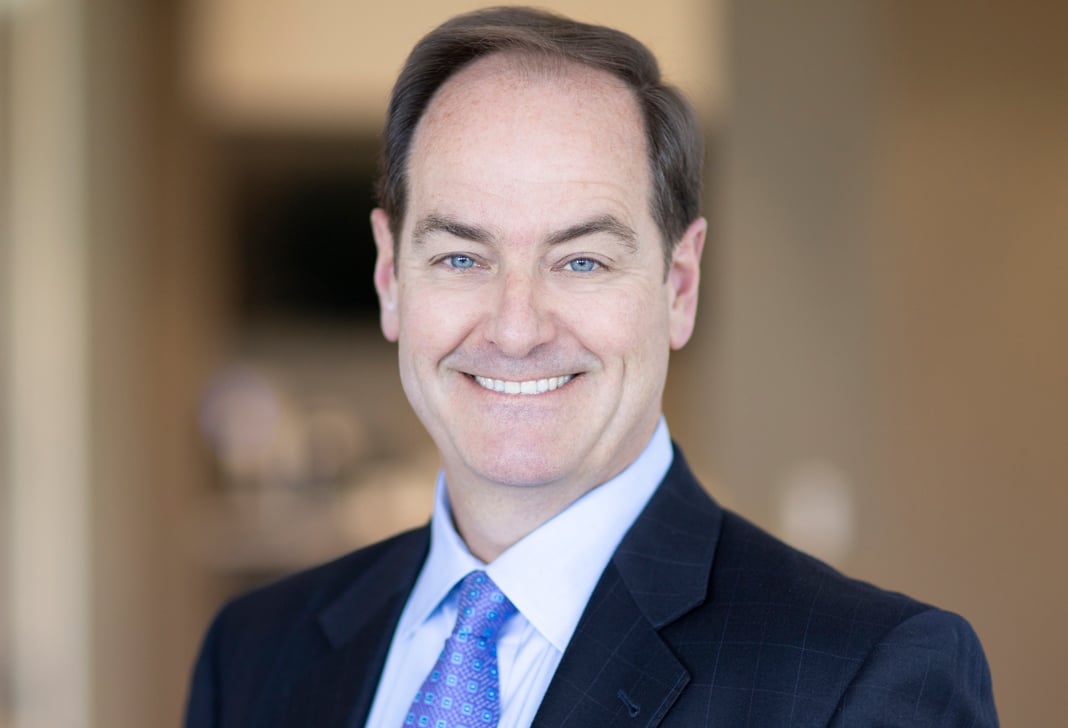ALERT: Fourteen Federal District Courts Selected for Pilot Project Designed to Enhance Patent Expertise
On June 7, 2011, the federal Judiciary announced the selection of the following 14 federal district courts to participate in a 10-year pilot project designed to improve the level of expertise among district court judges who oversee resolution of patent disputes in federal court:
-
Eastern District of New York
-
Southern District of New York
-
Western District of Pennsylvania
-
District of New Jersey
-
District of Maryland
-
Northern District of Illinois
-
Southern District of Florida
-
District of Nevada
-
Eastern District of Texas
-
Northern District of Texas
-
Western District of Texas
-
Central District of California
-
Northern District of California
-
Southern District of California
The pilot project was authorized by Pub. L. No. 111-349. On January 22, 2009, the bill was introduced in the House by Rep. Darrell E. Issa and cosponsored by Rep. Howard Coble, Rep. Henry C. “Hank” Johnson, Jr., and Rep. Adam B. Schiff, and in the Senate by Sen. Arlen Specter. President Obama signed the bill into law on January 4, 2011.
Rep. Schiff indicated that he and Rep. Issa drafted the legislation “in an attempt to decrease the cost of litigation by increasing the success of district court judges”:
I partnered with Mr. Issa on the bill (H.R. 628) because we share a deep interest in improving the efficiency of the patent process, in reducing litigation costs and inefficiencies in patent review, and also in improving the quality of patents. The current law grew from a hearing in the 109th Congress on improving federal court adjudication of patent cases in response to high rates of reversal—and where serious concerns were expressed about proposals that would create new specialized courts.
Under the statute, the Director of the Administrative Office of the United States Courts (“Director AOUSC”) designates those federal district courts that qualify to participate in the program. In order to qualify, the court must either (a) be among the 15 district courts in which the largest number of patent and plant variety protection cases were filed in 2010, or (b) be district courts that adopted, or certified to the Director AOUSC the intention to adopt, local rules for patent and plant variety protection cases. From among the eligible courts that qualified for the program, the Director AOUSC must select at least three district courts having at least 10 authorized district judgeships in which at least three judges have made a request to hear patent cases, and at least three district courts having fewer than 10 authorized district judgeships in which at least two judges have made a request to hear patent cases.
Earlier this year, federal judges were given the opportunity to request to hear patent cases. When a patent case is filed in one of the district courts designated by the Director AOUSC, it will be initially randomly assigned from the pool of all district judges, regardless of whether they have been designated to hear such cases. If a judge is randomly assigned a patent case and is not among the designated judges, he or she may decline to accept the case. In that circumstance, the case will be randomly assigned to one of the district judges who has requested to hear patent cases in that district. In this way, the system is designed to preserve the random selection of judges to oversee patent cases but also to permit reassignment of the case if the initially selected judge declines it.
Most of the selected courts will begin participating in the program in July of this year.
The statute also provides for accountability and monitoring of the success of the program. The Director of the Federal Judicial Center (“Director FJC”) and the Director AOUSC must submit periodic reports to Congress that include (a) an analysis of the success of the program in developing expertise, (b) an analysis of the extent to which the program has improved efficiency, (c) a comparison of reversal rates and the time patent cases are pending between the designated and nondesignated judges, (d) a discussion of any evidence that litigants are engaging in forum shopping as a result of the program, and (e) an analysis of whether the pilot program should be extended to other courts and/or should be made permanent and apply to all courts.
The Director FJC is creating a special webpage to assist the pilot courts with sample local patent rules and forms, patent law publications, and case management materials for patent cases. The Director FJC also plans to provide specialized patent law and case management training for the pilot courts. It is not known at this time whether this webpage will be accessible by the public.



